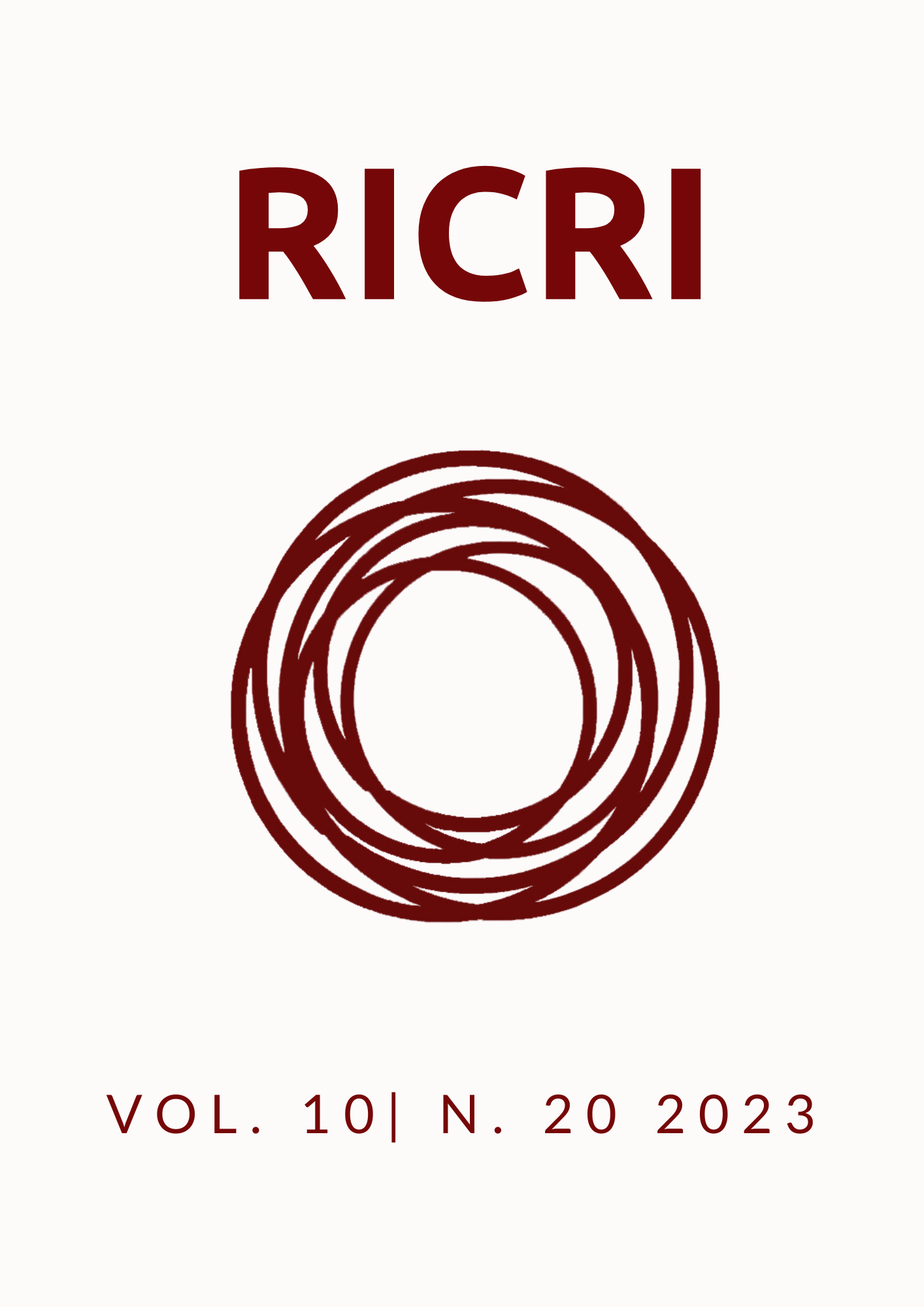THE BEGINNING OF THE CBERS PROGRAM
The path to Sino-Brazilian space cooperation
DOI:
https://doi.org/10.22478/ufpb.2318-9452.2023v10n20.63250Abstract
Within the end of the Cold War context, Brazil and China signed a bilateral agreement for the construction of the China-Brazil Earth Resources Satellite (CBERS), a remote sensing satellite that would serve both countries. In the midst of great cultural differences and distant geographical positions, the States saw in the space project an opportunity to strengthen strategic diplomatic relations, foster their industrial park and enable the monitoring of their vast territorial extension using their own resources. Since the construction of satellites requires sophisticated methods and equipment, their development in partnership provides complementarity between the capabilities of each country and valuable scientific learning. Furthermore, the result of the space partnership made possible a mature approach between China and Brazil, to the detriment of the perspective of a bipolar world. In view of the challenges inherent to such unprecedented cooperation, the following proposal aims to present a look in light of the liberal theory of international relations about the factors that culminated in the creation of the CBERS program and the mishaps encountered during its development.
Downloads
Published
How to Cite
Issue
Section
License
Copyright (c) 2023 Journal of Scientific Initiation on International Relations

This work is licensed under a Creative Commons Attribution-NonCommercial 4.0 International License.
Authors who publish with this journal agree to the following terms:
a. Authors retain copyright and grant the journal right of first publication with the work simultaneously licensed under a Creative Commons Attribution License that allows for sharing of work with acknowledgment of its initial publication in this journal.
b. Authors are able to take on additional contracts separately for non-exclusive distribution of the version of the work published in this journal (e.g., post it to an institutional repository or as a book), with an acknowledgment of its initial publication in this journal.
c. Authors are permitted and encouraged to post their work online ( eg, in institutional repositories or on their website) at any point before or during the submission process, as it can lead to productive exchanges , as well as increase the impact and citation of published work ( See the Effect of Open Access).




